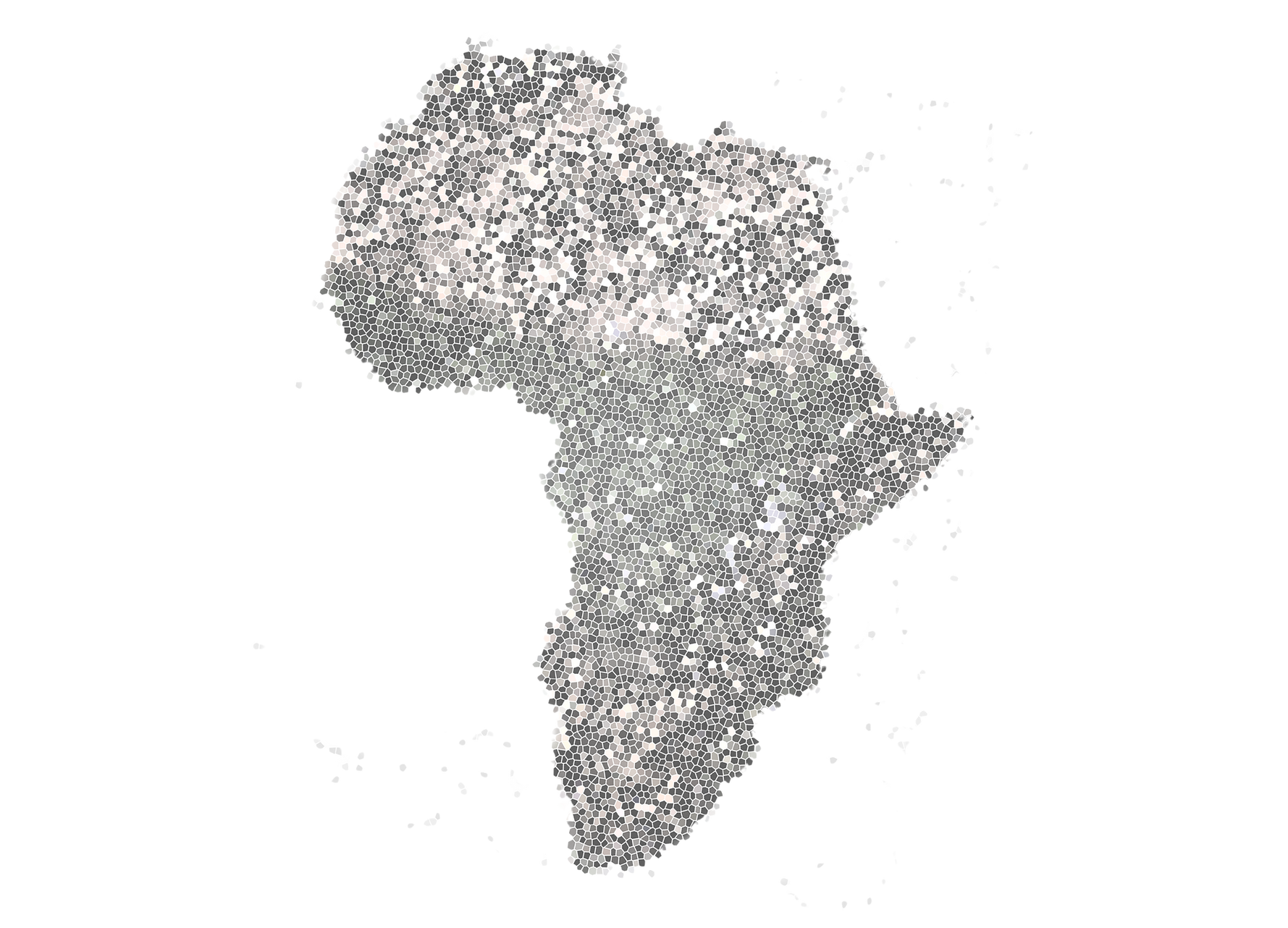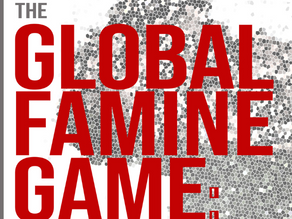

Aid Isn’t a Solution—It’s been hijacked!

UNPACKING THE GLOBAL FAMINE INDUSTRY
ECONOMICS, POWER, AND THE PRICE OF MISPLACED AID
Over the last forty years, the rich world has poured enormous quantities of dollars, euros, and pounds into 'foreign aid'. Rich governments, major NGOs, and global institutions have framed these efforts as noble acts of compassion. But this narrative masks a darker reality, one exposed in works like The Global Famine Games: Toxic Aid, A Weapon of War, Perverse Economics exposes how the aid industry has been hijacked by middlemen, profiteers, and politicians, leaving little for those who need it most. It has become a global famine industry where good intentions often worsen suffering and generosity is routinely exploited through bureaucracy, manipulation, and power games.
Every day, more than 30,000 people die of starvation, while billions in ‘aid’ vanish. The official numbers are staggering: over $2 trillion in total aid, and a record $269 billion in 2022 alone in official aid (ODA). There are no figures for unofficial (private) aid.
But something isn’t right.
Despite the scale of this funding, hunger still kills 30,000 people every day. Hunger is the ultimate failure of aid. Entire nations remain trapped in cycles of poverty. In places like Malawi, Zambia, and Mozambique, the percentage of people living on less than $1.90 a day (a figure set up by the World Bank) hasn’t changed meaningfully in decades. We don’t have a crisis of generosity—we have a crisis of results.
The truth is uncomfortable, but urgent: foreign aid, as it currently exists, is not delivering on its promises. Instead, it has grown into a sprawling industry, one where bureaucracies thrive, reports get filed, and donor governments and international NGOs celebrate spending figures while real change at the coalface of poverty remains elusive.
We talk about aid in terms of budgets, not outcomes. Success is too often measured by how much is given, not by what actually changes. In May 2025, the UN Secretary of State Mark Rubio testified before the US Congress foreign affairs committee that only 12 cents of every aid dollar reached local or frontline partners. The vast majority of aid is consumed before it ever reaches the people it’s meant to help.
International NGOs are unlikely to be more efficient; they have become huge corporations that need feeding their own administrative machines, attendance at international conferences, ever more obscene pornopoverty promotions to raise more money, flying out personalities to disaster scenes to obtain their endorsements, and, willingly or unwittingly, playing to the tune of the countries from which they originate.
That’s why we’re here. This campaign is not about cutting compassion. It’s about confronting a broken system with courage, evidence, and hope. We believe it’s time to stop measuring development by donor intentions, and start judging it by lived outcomes. We believe the people closest to poverty must be the ones to define and drive the solutions. We are calling for a global reset, one that moves beyond relief to build real, lasting development led by the communities themselves.
We are not here to reject the idea of helping. We are here to reclaim what help should mean.
If you believe aid should be accountable... if you believe development should be built, not donated... if you believe communities deserve power, not charity, then this is your movement.
To join, contribute research, or support our campaign, reach out below.
Latest Blog Posts
"When I give money to the poor, they call me a saint, but when I ask why they are poor, I upset those in power."










